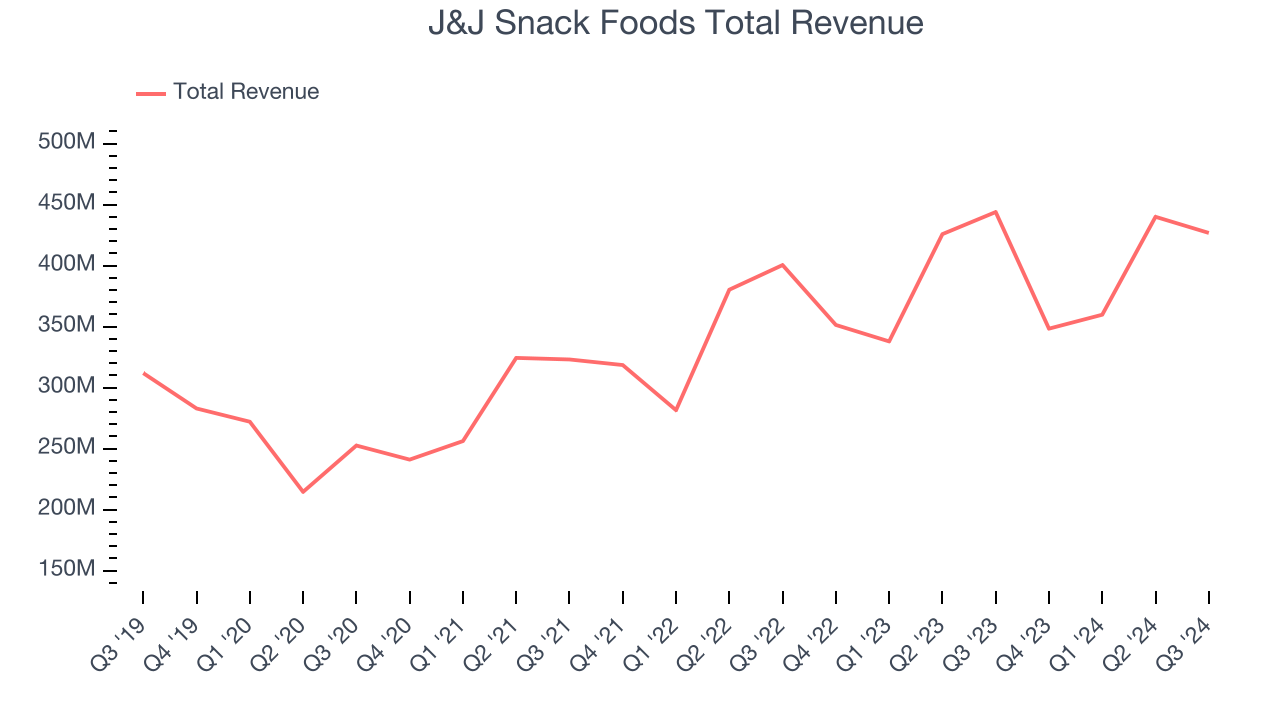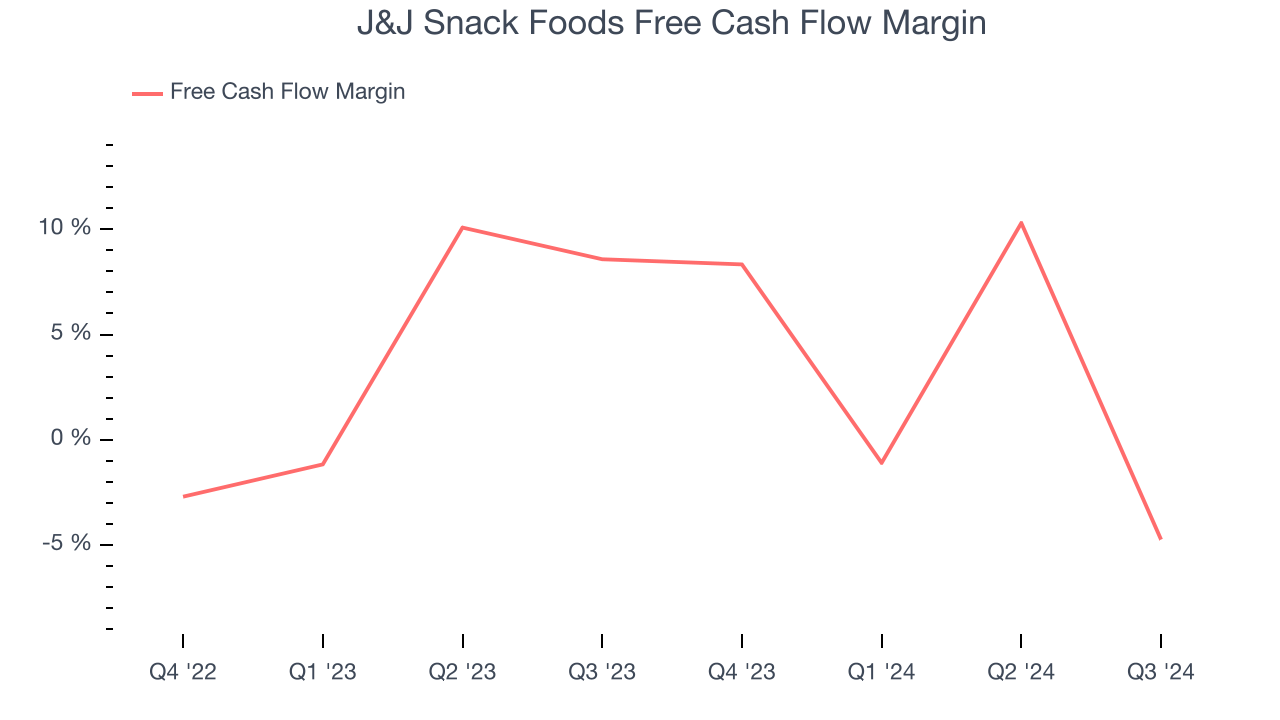Financial News
More News
View More
4 Cold-Weather Stocks to Buy as Winter Spending Heats Up ↗
November 16, 2025
Disney Stock Drops—Will Earnings Pave Way for a YouTube TV Truce? ↗
November 16, 2025
Meta’s Pain May Be Your Gain: Is This a Rare Buying Window? ↗
November 16, 2025
3 Under-the-Radar AI Stocks to Buy on the Dip ↗
November 15, 2025
Recent Quotes
View More
Stock Quote API & Stock News API supplied by www.cloudquote.io
Quotes delayed at least 20 minutes.
By accessing this page, you agree to the Privacy Policy and Terms Of Service.
Quotes delayed at least 20 minutes.
By accessing this page, you agree to the Privacy Policy and Terms Of Service.
© 2025 FinancialContent. All rights reserved.











